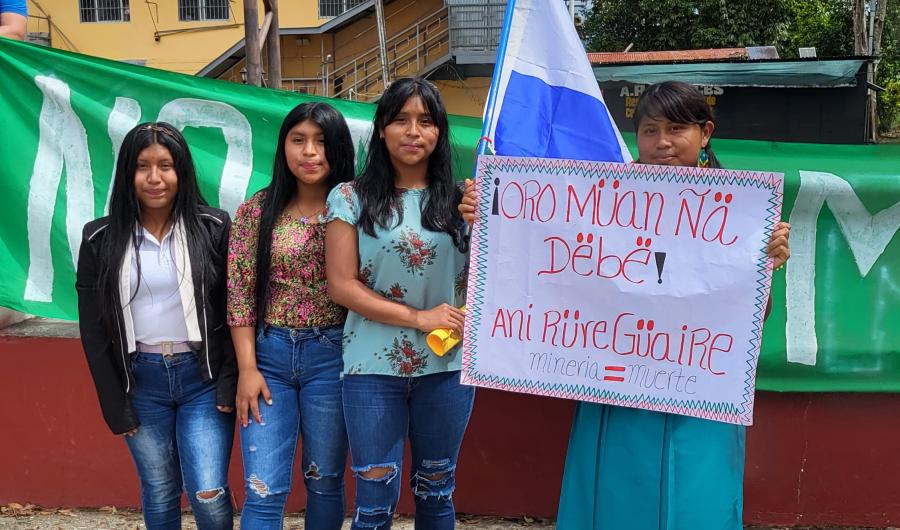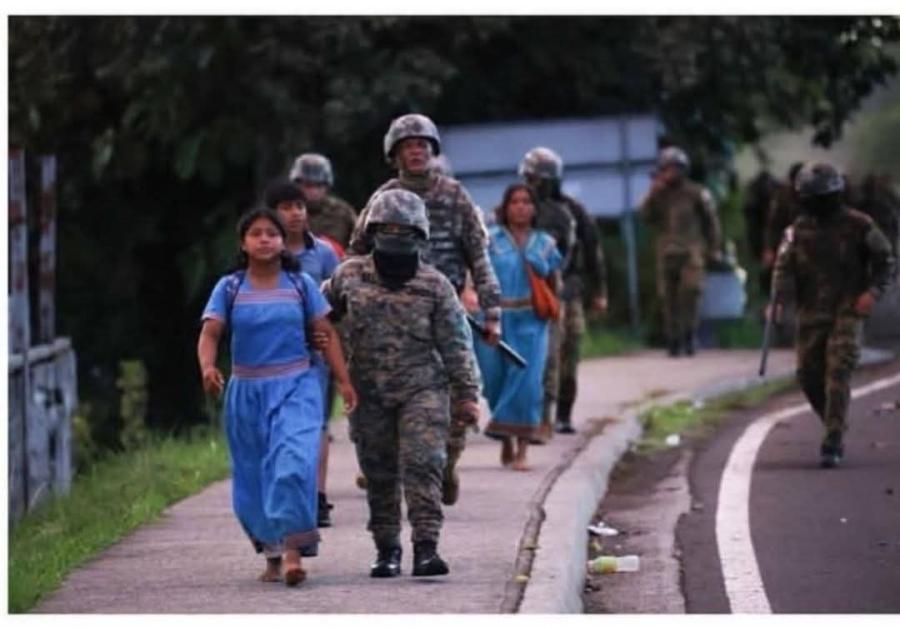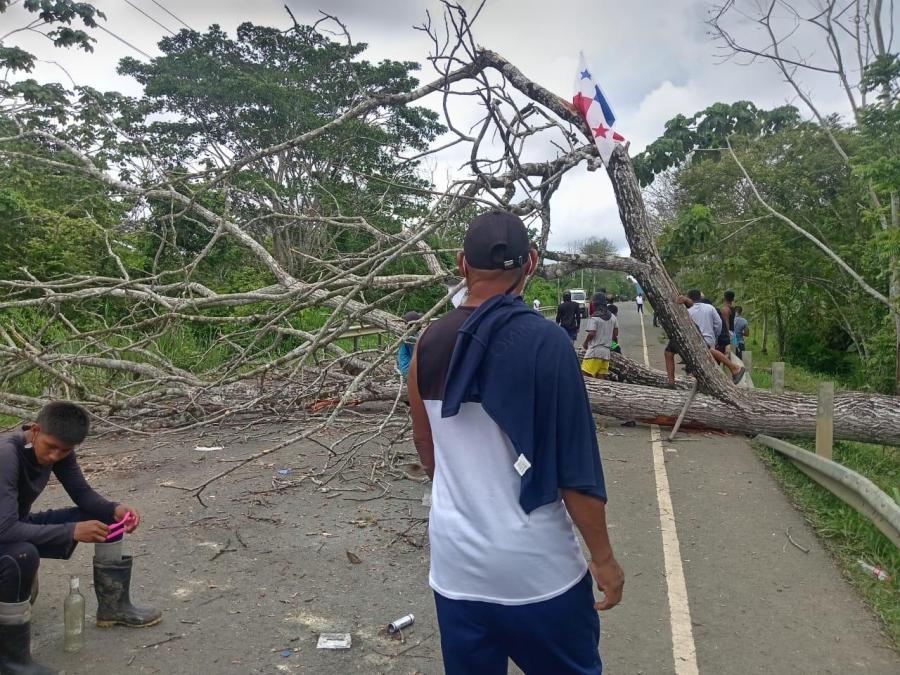
By John McPhaul and Cultural Survival
The Bribri community of Costa Rica, backed by the UN, strongly opposed the Costa Rican government’s decision to dismiss the criminal investigation of the March 2019 murder of Indigenous leader Sergio Rojas Ortíz. Costa Rican Public Ministry ordered the dismissal and the filing of the criminal case that is being followed on this crime, which occurred in the Indigenous Territory of Salitre in Buenos Aires, Puntarenas.
Unknown assailants shot and killed Sergio Rojas (Bribri), 59, on March 18, 2019, while he was in his home in the Salitre Indigenous Reserve in southwest Costa Rica. Rojas led a Bribri movement to reclaim land occupied by non-Indigenous settlers within the Telire Indigenous Territory. To date perpetrators of his murder have not been found and justice has not been served.
Costa Rica's Attorney General's Office, the Office of the Prosecutor Against Organized Crime and the Assistant Attorney's Office for Indigenous Affairs, in addition to the prosecutor's office in charge of investigating the homicide, met with the family of Rojas in Pérez Zeledón to communicate the decision made by the country's prosecutors office to shelve the Rojas case in which they pointed out that "the environment, the way of life in the area and the impossibility of locating the witnesses were factors that played against the investigation."
The Ditsö Iríria Ajkönuk Wakpa Council, the self-government of the Bribri de Salitre Territory since 1979, have rejected the decision of judiciary to dismiss investigations into Rojas’s murder. “One more time, the State has endorsed impunity: on September 24th, the Judicial Branch announced they are dismissing the murder case of our Bribri community member of the Uniwak clan, Sergio Rojas Ortiz. [This] decision is supposedly based on the lack of proof and impossibility to carry out judicial investigations. As the Ditsö Iríria Ajkönuk Wakpa Council we reject the decision of the Judicial branch.” The Council argues that beyond the difficulties in investigating the case, the dismissal is political and is rooted in the systemic racism of the Costa Rican government. “Political will and complicity with landowners and usurpers drive the State to this decision. The lives of Indigenous Peoples are not considered important and that is what drives them to promote impunity as the standard in our Territories,” said Ditsö in a press release.
The United Nations Human Rights Council also issued a statement on the investigation’s dismissal, urging Costa Rica to prevent this crime from going unpunished. In its statement, the UN recalled earlier statements by Michel Forst, at the time the Special Rapporteur on the situation of human rights defenders, in which they urged the Costa Rican authorities to “identify the perpetrators materials and intellectuals of this serious crime and bring them to justice, in accordance with the law.”
The UN also indicated that it had followed up on precautionary measure 321-12 of the Inter-American Commission on Human Rights, which is a court order obligating Costa Rica to protect Indigenous land defenders in the territories of Térraba and Salitre, an order that due to Costa Rica failed to implement in a way that prevented the death of Sergio Rojas.
The UN is also monitoring a land conflict in China Kiche, another Indigenous territory in southern Costa Rica, where the local Indigenous community is struggling with the presence of settlers on their lands.
In an effort to prevent violence in more territories, the United Nations urged the Costa Rican State to ensure that, in the eviction announced for the next few days in the Indigenous territory of China Kichá, it needs to take into account recommendations by human rights experts on the rights of Indigenous Peoples and international standards on the rights to housing and forced evictions, in accordance with the international commitments and treaties.
The UN ended by calling on its member States to promote the actions necessary to eradicate all forms of violence and discrimination against Indigenous Peoples, guaranteeing the rights to their traditional lands.
The Ditsö Iríria Ajkönuk Wakpa Council made a series of demands that including:
- That the Judiciary continue it’s investigations to clarify the murder of our Uniwak brother Sergio Rojas Ortiz, as a means to comply in the most basic level with the Precuationary Measures MC-321 ordered by the InterAmerican Commission for Human Rights;
- Fulfill the true intent of the Precautionary Measures to protect the men and women Bribri leaders of Salitre and all those rightfully recovering their lands and territories.
- A real commitment from the President of Costa Rica to foment peace in the Bribri territory of Salitre through the immediate removal of non-Indigenous settlers from Indigenous territories and that recuperated lands be returned for management to the traditional self-governance organizations of Indigenous Peoples.



